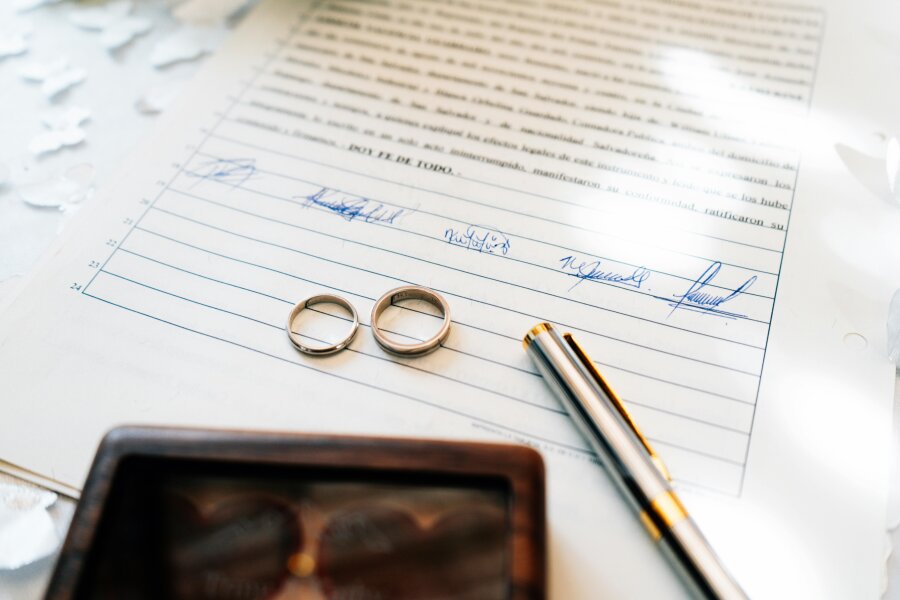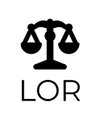Best Marriage Lawyers in Dublin
Share your needs with us, get contacted by law firms.
Free. Takes 2 min.
Free Guide to Hiring a Family Lawyer
List of the best lawyers in Dublin, Ireland
About Marriage Law in Dublin, Ireland
Marriage law in Dublin, Ireland, is governed by a combination of civil and religious regulations. Civil marriage is legally recognized by the state, while religious ceremonies must comply with the rules of the respective faiths as well as the state. The legal framework for marriage includes requirements for consent, capacity, and formalities of the marriage ceremony. All marriages must be registered with the Civil Registration Service to be legally valid.
Why You May Need a Lawyer
Seeking legal advice when dealing with marriage can be essential for several reasons:
- Pre-Nuptial Agreements: Couples may want to establish agreements regarding property and finances before marriage.
- Marriage Registration: Ensuring that all legal requirements and formalities are followed to have a legally recognized marriage.
- Interfaith or International Marriages: Situations involving different religious backgrounds or nationalities may require specialized legal knowledge.
- Divorce and Separation: Legal advice is crucial for navigating the division of assets, custody of children, and other complexities.
- Name Changes: Assistance with the legal processes involved in changing one's name after marriage.
Local Laws Overview
Key aspects of marriage law in Dublin include:
- Legal Age: Both parties must be at least 18 years old.
- Free Consent: Marriage must be entered into voluntarily by both individuals without coercion.
- Capacity to Marry: Both individuals must have the legal capacity to marry, meaning they are not already married and are of sound mind.
- Notice of Intention: Couples must give at least three months' notice of their intention to marry to the Registry Office.
- Marriage Certificate: The marriage must be registered with the Civil Registration Service to be legally valid.
Frequently Asked Questions
What is the minimum legal age to marry in Dublin, Ireland?
The minimum legal age to marry is 18 years for both parties.
Do we need witnesses for our marriage ceremony?
Yes, you need at least two witnesses who are at least 18 years old.
Can same-sex couples marry in Dublin?
Yes, same-sex marriage is legal in Dublin, Ireland.
Is it possible to get married in Dublin if one of us is not an Irish citizen?
Yes, international marriages are allowed, but you may need additional documentation depending on your citizenship.
How can we get a marriage certificate after the wedding?
You can obtain a marriage certificate by applying to the Civil Registration Service. It is usually available a few weeks after the wedding.
Are pre-nuptial agreements legally binding in Dublin?
While not legally binding, pre-nuptial agreements can be considered by courts and are increasingly being acknowledged in legal proceedings.
What are the grounds for annulment of marriage in Dublin?
Grounds for annulment include lack of capacity to marry, lack of consent, existing marriage, or a prohibited degree of relationship.
What is the timeframe for registering a marriage in Dublin?
You must give notice at least three months before the intended date of marriage.
Can a marriage ceremony be conducted in a language other than English?
Yes, but a legally-recognized interpreter must be present if the ceremony is not in English or Irish.
How do we change our names after getting married?
You will need to show your marriage certificate to the appropriate authorities to change your name on legal documents, such as passports and driving licenses.
Additional Resources
For further assistance, you may find the following resources helpful:
- General Register Office (GRO)
- Citizens Information Services
- Legal Aid Board
- Marriage Equality Ireland
- Department of Foreign Affairs and Trade (for international marriages)
Next Steps
If you need legal assistance regarding marriage, consider taking the following steps:
- Consult a Solicitor: Look for a solicitor specializing in family law who can provide legal advice specific to your situation.
- Gather Necessary Documents: Collect all required documents such as birth certificates, passports, and previous marriage certificates if applicable.
- Seek Mediation: For issues like pre-nuptial agreements or divorce, mediation can be a cost-effective way to reach an agreement.
- Contact Relevant Authorities: Check with local registry offices and governmental bodies for any paperwork or legal formalities.
Taking informed steps and seeking professional legal advice can help ensure that all aspects of your marriage are legally sound and your rights are protected.
Lawzana helps you find the best lawyers and law firms in Dublin through a curated and pre-screened list of qualified legal professionals. Our platform offers rankings and detailed profiles of attorneys and law firms, allowing you to compare based on practice areas, including Marriage, experience, and client feedback.
Each profile includes a description of the firm's areas of practice, client reviews, team members and partners, year of establishment, spoken languages, office locations, contact information, social media presence, and any published articles or resources. Most firms on our platform speak English and are experienced in both local and international legal matters.
Get a quote from top-rated law firms in Dublin, Ireland — quickly, securely, and without unnecessary hassle.
Disclaimer:
The information provided on this page is for general informational purposes only and does not constitute legal advice. While we strive to ensure the accuracy and relevance of the content, legal information may change over time, and interpretations of the law can vary. You should always consult with a qualified legal professional for advice specific to your situation.
We disclaim all liability for actions taken or not taken based on the content of this page. If you believe any information is incorrect or outdated, please contact us, and we will review and update it where appropriate.












